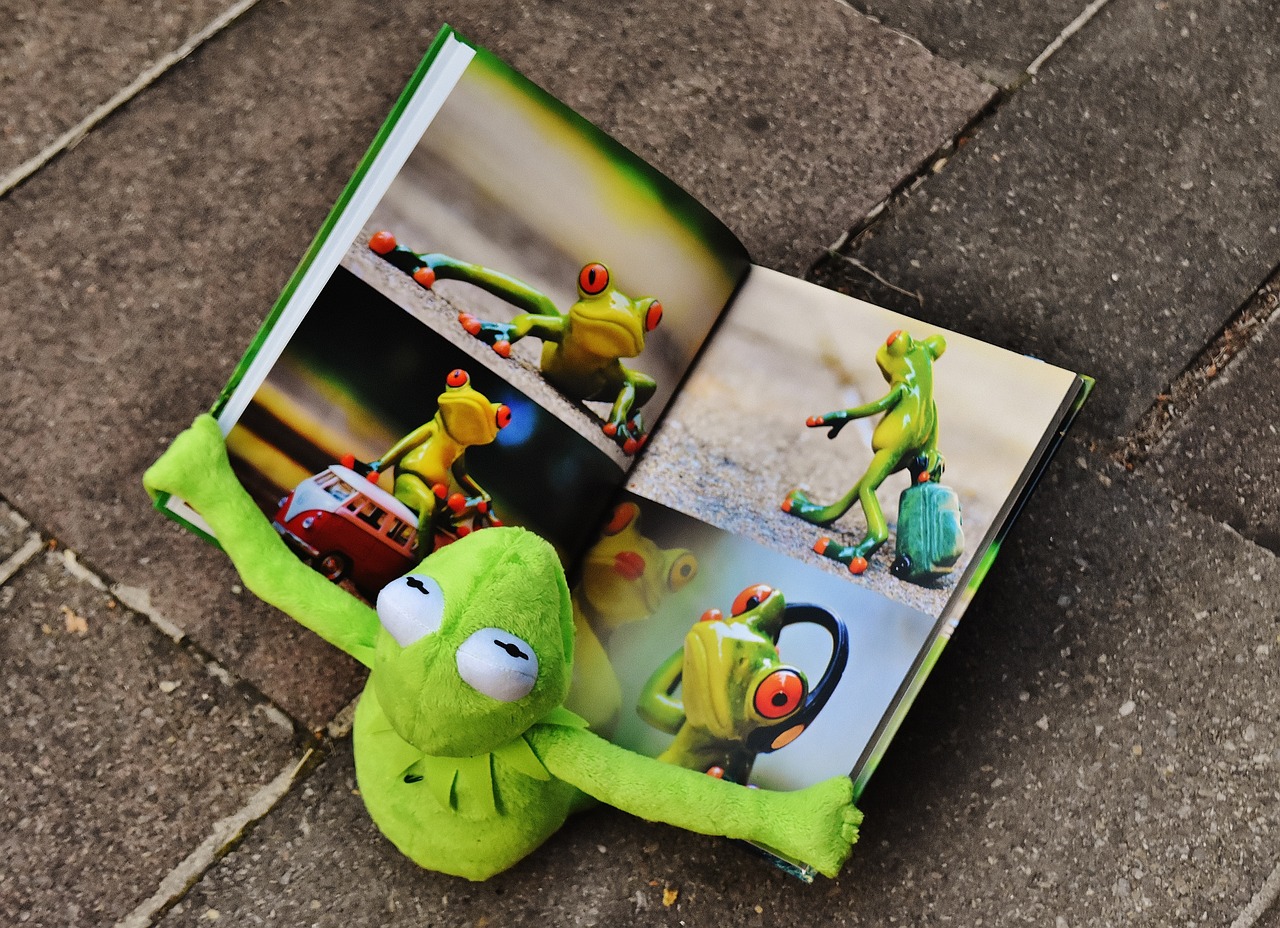Mastering These 10 Russian Words for Richer Expression.
Have you ever struggled with Russian participles? You’re not alone! Many learners find them confusing, but here’s the secret: native speakers use them all the time, in casual conversations and formal writing.
This post unveils 10 common participles to add to your vocabulary and boost your fluency. We’ll explore words like “бывший” (former), “наболевший” (pressing issue), and “уставший” (tired), with example sentences to show them in action.
Get ready to ditch the fear and embrace the power of participles in your Russian journey!








